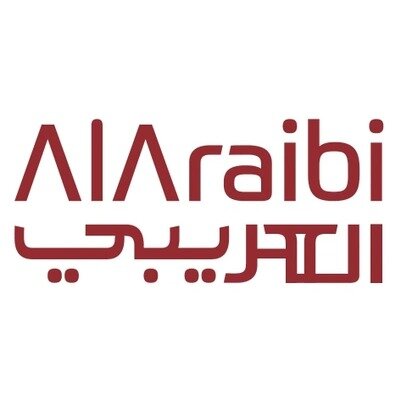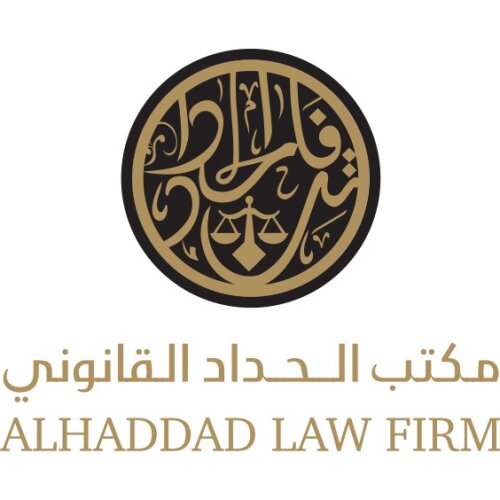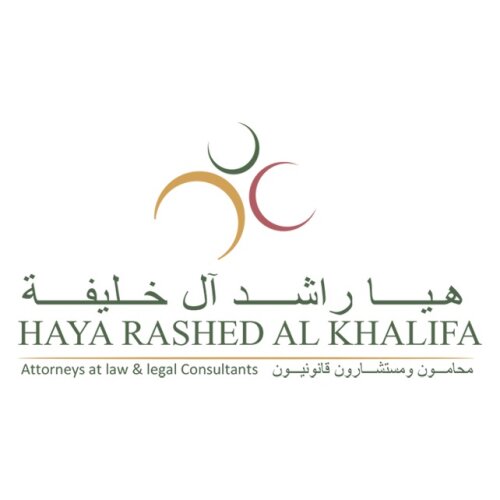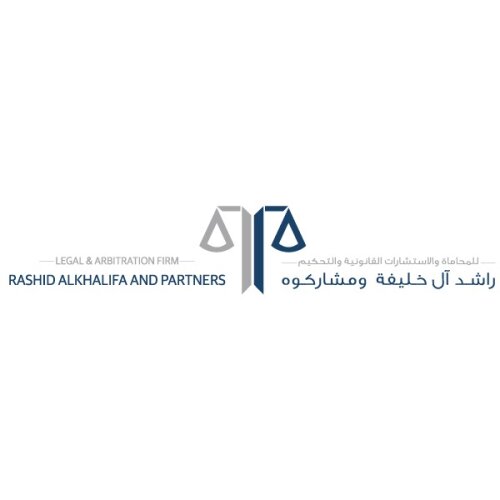Best Public-Private Partnerships (PPP) Lawyers in Bahrain
Share your needs with us, get contacted by law firms.
Free. Takes 2 min.
Or refine your search by selecting a city:
List of the best lawyers in Bahrain
About Public-Private Partnerships (PPP) Law in Bahrain
Public-Private Partnerships, often abbreviated as PPP, involve collaborations between government entities and private sector companies to finance, develop, and operate projects or services that benefit the public. In Bahrain, PPP initiatives are commonly used in sectors such as infrastructure, healthcare, energy, transportation, and education. The government of Bahrain actively encourages private investment in public services and infrastructure, viewing PPP as an essential tool for sustainable economic growth and efficiency. As a result, the legal and regulatory environment around PPP projects has developed significantly, with oversight provided by specialized government bodies.
Why You May Need a Lawyer
Engaging in a PPP project involves navigating a complex legal landscape, including contract negotiations, risk allocation, regulatory compliance, and dispute resolution. You may need a lawyer in the following situations:
- Drafting, reviewing, or negotiating PPP contracts between public authorities and private companies
- Ensuring compliance with Bahraini legislation and regulatory requirements for PPP projects
- Advising on investment structuring, financing arrangements, and risk assessment
- Resolving disputes arising between public and private partners or with third parties
- Protecting intellectual property or proprietary technology used within the project
- Guidance on project tendering, bidding, and procurement processes
- Assisting foreign investors with local regulations and partnership frameworks
- Facilitating land acquisition, environmental permits, and other statutory clearances
- Compliance with sector-specific laws in areas such as construction, energy, and transportation
- Terminating or restructuring PPP agreements
Local Laws Overview
Bahrain regulates PPPs through a combination of specific legislation, sector-based laws, and general commercial laws. A key legal milestone is Law No. 31 of 2020, which governs the regulation of PPP projects. This law aims to foster transparency, competition, and efficiency in how PPP projects are initiated and managed. The Ministry of Finance and National Economy, through its PPP Unit, is the primary governmental authority overseeing PPPs in Bahrain.
Critical legal features for PPPs in Bahrain include:
- A formal framework for soliciting, evaluating, and awarding PPP projects
- Procedures for public tendering, unsolicited proposals, and direct negotiations
- Requirements for transparent contract terms, risk allocation, and value for money assessment
- Mechanisms for guarantees, payment structures, and penalties in case of non-performance
- Dispute resolution clauses, often favoring arbitration or specialized forums
- Compliance with labor laws, local content requirements, and environmental standards
Additionally, sector-specific regulators may impose their own rules, particularly in sensitive areas such as energy, water, and transport. Foreign investors should also be mindful of restrictions regarding ownership, repatriation of profits, and localized employment.
Frequently Asked Questions
What is a Public-Private Partnership (PPP)?
A PPP is a collaborative agreement between a government entity and a private company to finance, construct, and operate a project or provide a public service.
Are PPP arrangements legal in Bahrain?
Yes, Bahrain has established a clear legal foundation for PPPs, primarily under Law No. 31 of 2020 and other relevant regulations.
Which government body oversees PPP projects in Bahrain?
The Ministry of Finance and National Economy oversees PPP initiatives, primarily through its PPP Unit.
What types of projects are typically structured as PPPs in Bahrain?
Sectors such as infrastructure, transportation, education, healthcare, and utilities commonly use PPP models.
How are PPP contracts awarded in Bahrain?
PPP contracts are usually awarded through formal bidding and public tender processes, though direct negotiation is permitted in certain circumstances.
Can foreign investors participate in PPP projects in Bahrain?
Yes, foreign investors are welcome to participate in PPP projects, but must comply with local regulatory and ownership rules.
What are the key legal risks with PPPs in Bahrain?
Key risks involve contractual obligations, payment delays, regulatory changes, land acquisition hurdles, and potential disputes.
How are disputes resolved in PPP contracts?
PPP contracts typically include dispute resolution clauses favoring arbitration or referral to specialized forums.
What is the usual duration of a PPP contract in Bahrain?
PPP contracts can range from 5 years to 30 years or more, depending on the project’s nature and financial model.
Does Bahrain require local content or employment in PPP projects?
Yes, certain projects may have local content requirements or obligations to employ Bahraini nationals, depending on the sector and specific contract terms.
Additional Resources
For those seeking more information or practical assistance regarding PPP laws and opportunities in Bahrain, the following resources may be helpful:
- Ministry of Finance and National Economy - PPP Unit: The central authority for PPP policies and project oversight in Bahrain
- Legislation and Legal Opinion Commission: For official legal texts and regulations
- Economic Development Board: Provides investment guidance and regulatory information for foreign investors
- Bahrain Chamber of Commerce and Industry: Offers support to the private sector and potential PPP partners
- Industry-specific regulators such as the Electricity and Water Authority, Ministry of Works, Municipalities Affairs and Urban Planning
- Commercial law firms and legal consultancies specializing in infrastructure, investment, and project finance
Next Steps
If you are considering involvement in a PPP project in Bahrain or are facing legal questions regarding an existing partnership, you should take the following steps:
- Clarify your goals and the type of PPP project you are interested in
- Gather relevant documents such as invitations to bid, contract drafts, or correspondence with government agencies
- Consult a legal expert who specializes in PPP law and commercial contracts in Bahrain
- Request a detailed assessment of the legal structure, risks, and compliance requirements of the project
- Ensure you understand your rights, obligations, and potential liabilities under Bahraini law
- If you are a foreign investor, seek advice on investment structuring, ownership rules, and profit repatriation procedures
- Prepare questions about timelines, regulatory approvals, and dispute resolution mechanisms
- Engage with relevant government bodies or industry associations for guidance and support
Early legal guidance can prevent costly mistakes, help ensure project success, and facilitate smoother relationships between public and private partners. Reaching out to a specialized lawyer is the most effective way to safeguard your interests in Bahrain’s PPP sector.
Lawzana helps you find the best lawyers and law firms in Bahrain through a curated and pre-screened list of qualified legal professionals. Our platform offers rankings and detailed profiles of attorneys and law firms, allowing you to compare based on practice areas, including Public-Private Partnerships (PPP), experience, and client feedback.
Each profile includes a description of the firm's areas of practice, client reviews, team members and partners, year of establishment, spoken languages, office locations, contact information, social media presence, and any published articles or resources. Most firms on our platform speak English and are experienced in both local and international legal matters.
Get a quote from top-rated law firms in Bahrain — quickly, securely, and without unnecessary hassle.
Disclaimer:
The information provided on this page is for general informational purposes only and does not constitute legal advice. While we strive to ensure the accuracy and relevance of the content, legal information may change over time, and interpretations of the law can vary. You should always consult with a qualified legal professional for advice specific to your situation.
We disclaim all liability for actions taken or not taken based on the content of this page. If you believe any information is incorrect or outdated, please contact us, and we will review and update it where appropriate.
Browse public-private partnerships (ppp) law firms by city in Bahrain
Refine your search by selecting a city.

















